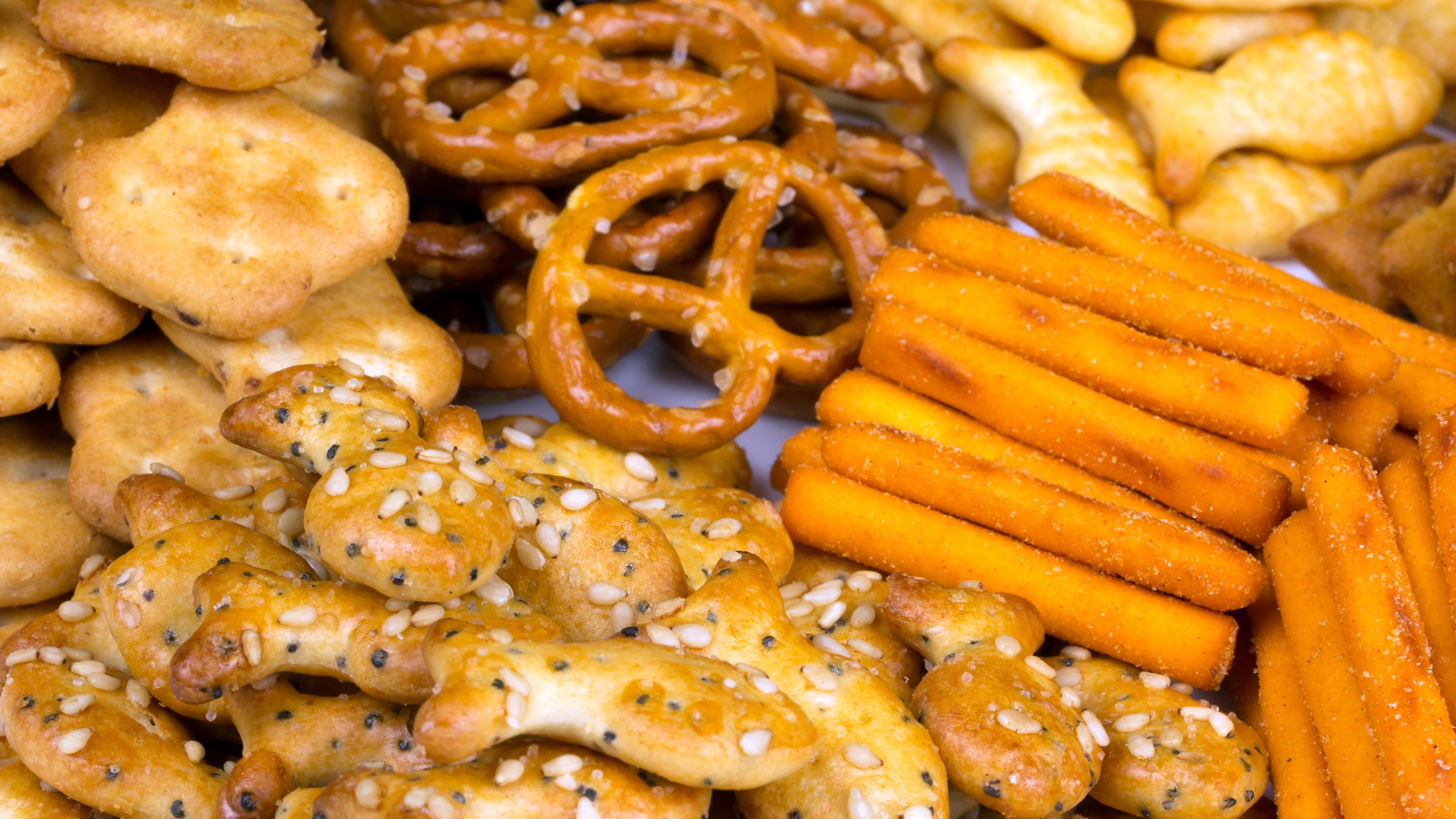People Really, Really Love Talking About Snacks
The annual State of Snacking report from Mondelez proves our love for yakking about snacking.
There's nothing quite like munching on something salty when the craving hits, or unwrapping a piece of chocolate exactly when you need it—and new data shows we are basically never not thinking about our favorite snacks. Mondelez International, parent company of brands such as Cadbury, Chips Ahoy, Honey Maid, Oreo, Sour Patch Kids, and plenty more, just released its fifth annual State of Snacking report to share insights into how we eat snacks, why we eat them, and what drives us to reach for new ones.
More people love talking about snacks than ever before
One notable aspect of the report is that people really love chatting about snacks with each other. Though we at The Takeout find ourselves extolling the virtue of our favorites to each other frequently (we've got pickle fans, candy obsessives, and one human garbage disposal), it turns out that people who don't write about food for a living gab about treats just as readily as we do.
The report, written in partnership with consumer research group The Harris Poll, says that 74% of people surveyed "report actively talking about snacking and turning to friends, family, or colleagues for snack recommendations." That figure drives home the point that even if you often snack casually and mindlessly, corporations are putting a lot of thought into your eating habits.
Beyond personal recommendations from friends and family, people also get their snack inspiration from other avenues, such as search engines (62%) and social media content (56%). This is especially relevant to younger generations, who are particularly fond of YouTube and TikTok as a source for food reviews.
Sustainable, eco-friendly packaging is important
The report found that people aren't just buying certain snacks because they love the way they taste—consumers also purchase according to climate concerns. Notably, 63% of respondents said they actively look for snacks that minimize environmental impact, choosing those that prioritize local ingredients, optimize supply chains for their sustainability, and/or make use of carbon offsets.
Recycling is also important: 74% of respondents said they recycle their snack packaging, which is up by three percentage points from last year. Moreover, 71% of consumers in the millennial category said they prioritize snacks with less plastic packaging involved altogether.
Mondelez has a summary of the report here, offering a glimpse into how Americans snack as a whole. It's worth looking through if you're curious about how we choose what we graze on, and how corporations both shape those habits and cater to them.
